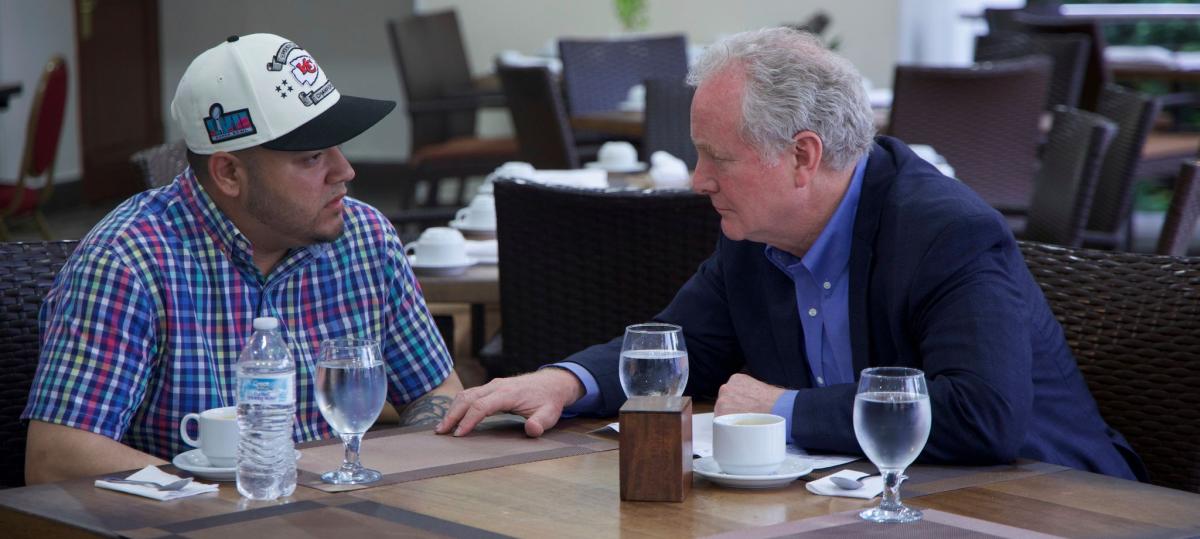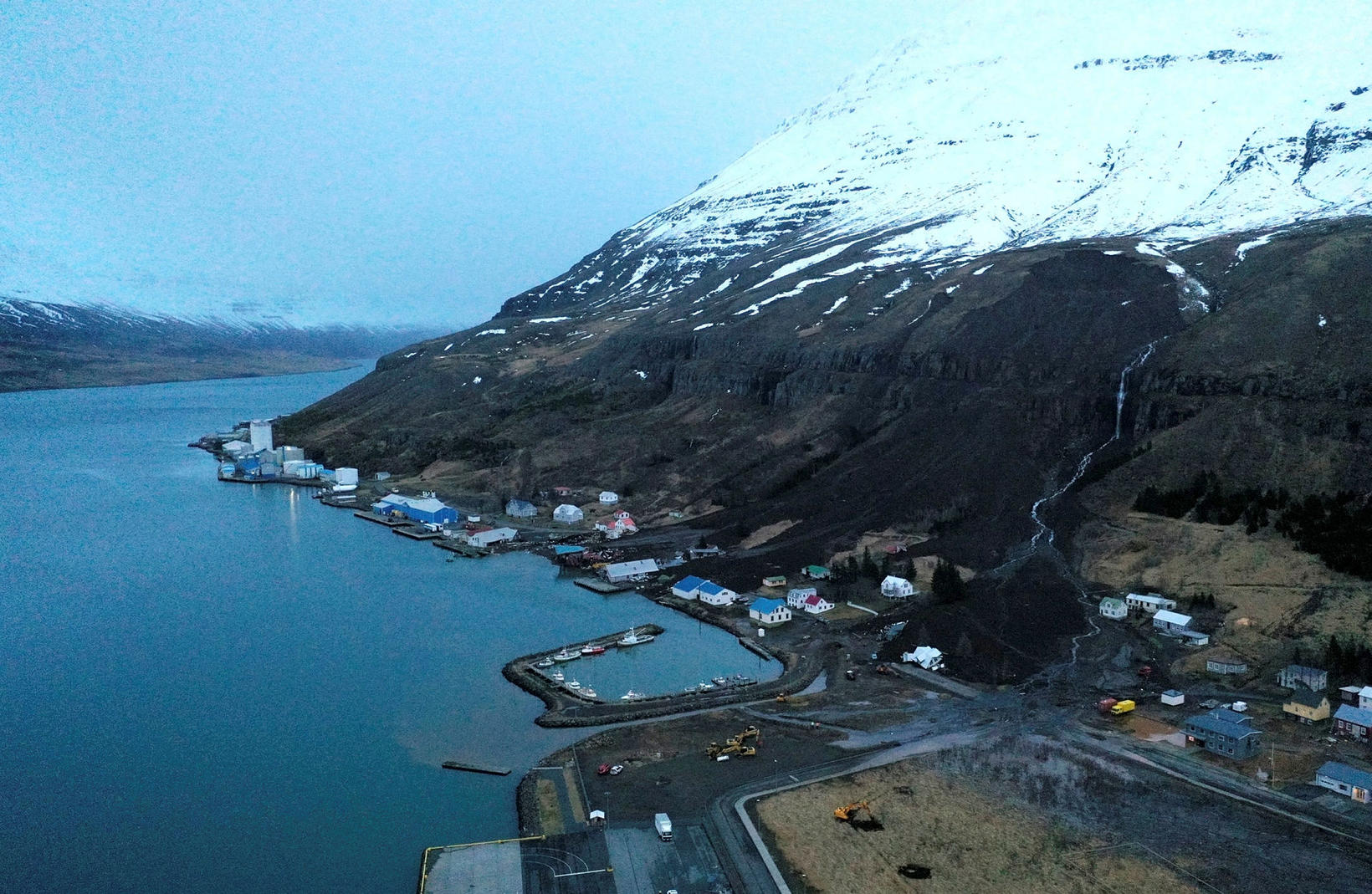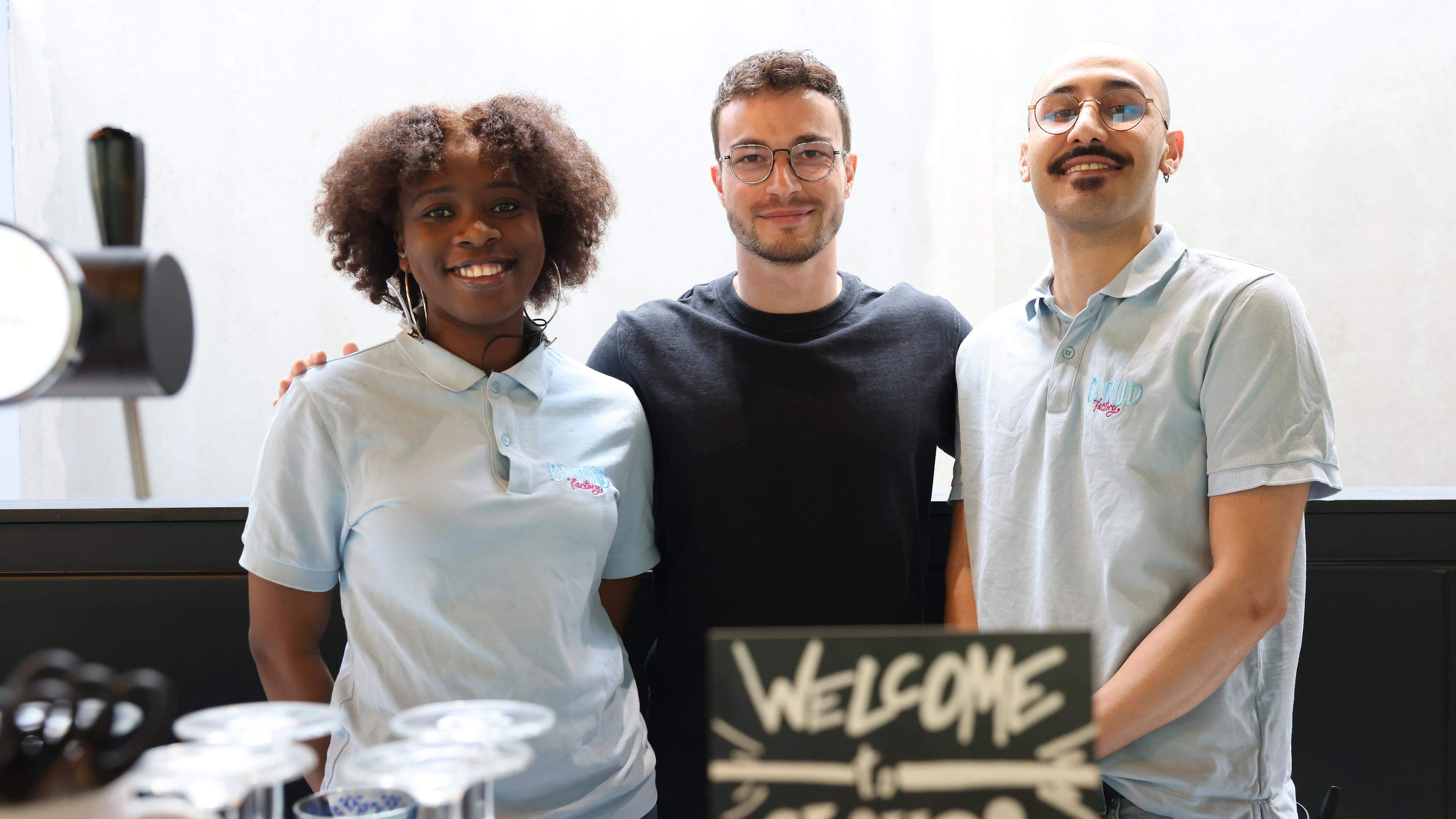The BBC announces the names of two more Bulgarian women from the spy cage

An investigation by the BBC claims to have traced and identified two Bulgarian citizens who were part of the group spying in favor of Russia on instructions of the accused of financial fraud and fled to Moscow a mediator with special services Jan Marsalek.
The six, captured two years ago, pleaded or declared guilty by a court in London. But during the process, it is two more unnamed women who participated in operations to track important people in Europe for Russia. With the help of open online data and speaking with sources, the BBC tracks them and learns their names.
These are Tsvetelina Gencheva and Tsvetanka Doncheva. Both are not accused of anything and have not been detained.
The investigation describes that she lived in an apartment against that of Hristo Grozev in Vienna and helped to track him in the Austrian capital, including filming his home. Here she meets three of the British spy group – Vanya Gaberova, Catherine Ivanova and Biser Dzhambazov, who admitted intelligence and is referred to as the right hand of the leader Orlin Rusev.
Among her set goals for monitoring was Omar Hajjavi-Pirhner, the head of the secret services of Austria, as well as the local investigative journalist Anna Talhamer, writing about Russian espionage.
| Its search begins from the fact that in the Central Criminal Court of England and Wales is mentioned to some of its « Tsveti ». She was recognized on her social media account, and Austrian sources have confirmed her identity. |
Austrian Easplace magazines « Profile » and « Falter » quoted the first court documents, later seen by the BBC describing that it was « highly suspected of committing the crime of secret intelligence to the detriment of Austria »
The unemployed Doncheva told the investigators that Vanya Gaberova told her who to follow and gave her a list of names, addresses and photos. Here, too, the version is repeated that she was misled by the others that they participated in the Student Project and that they work for Interpol. The Austrian investigators said that it was « unthinkable » that the Bulgarian really believed in such « dubious stories ».







